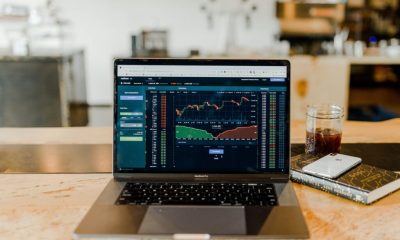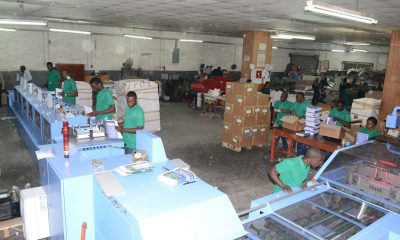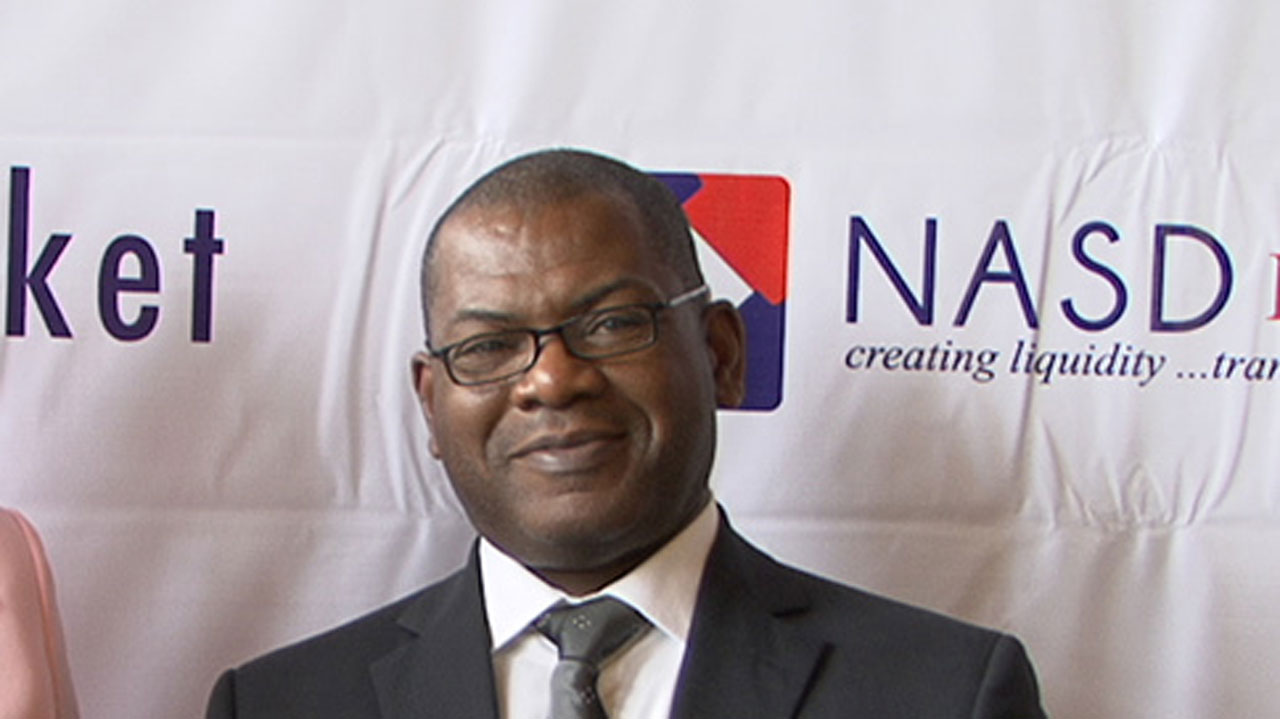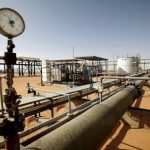Economy
Value Investing: Uncovering Opportunities Amid Market Declines

In bear markets, value investing is akin to finding hidden treasures on a clearance rack. When stock prices drop, it’s not necessarily a sign of poor quality. Instead, it offers a chance to buy solid stocks at a discount, focusing on companies with strong fundamentals that are temporarily undervalued. Discover how expert guidance through investment education firm can assist in spotting value investments during market downturns.
Principles of Value Investing in Bear Markets
When markets are down, it’s like a big sale in a department store. Prices are slashed, but that doesn’t mean the goods are of lesser quality. Value investing in bear markets works on this idea. The aim is to find stocks that are priced lower than their actual worth. But how do we do that? It’s all about sticking to the basics.
First, focus on companies with strong financial health. We’re talking about low debt levels, steady cash flow, and a history of profitability. These companies tend to weather economic storms better. When markets panic, these fundamentals often remain overlooked, creating an opportunity.
Next, patience is your best friend. Bear markets can last for months or even years. It’s not about flipping a stock for a quick profit. The goal is to hold onto these undervalued stocks until the market recognizes their true value. Remember the dot-com bust? Many tech stocks were beaten down, but those with solid fundamentals eventually rebounded spectacularly.
Lastly, keep your emotions in check. It’s easy to get caught up in the fear that grips the market, but value investing requires a calm mind. Think of it like fishing – you need to be patient and have faith that your strategy will pay off. So, are you prepared to go fishing for value in a sea of uncertainty?
Identifying Undervalued Stocks with Strong Fundamentals
Finding undervalued stocks isn’t about guessing or picking a name out of a hat. It’s more like detective work. You’re on the hunt for clues that suggest a company’s share price doesn’t match its intrinsic value. What does that mean, though? Well, it’s about the company’s real worth based on its assets, earnings, and market potential, not just the current stock price.
Start with the price-to-earnings (P/E) ratio. This number tells you how much you’re paying for every dollar the company earns. A lower P/E ratio might suggest a stock is undervalued, but don’t be fooled – sometimes, a low P/E can be a red flag. That’s where you dig deeper into the company’s earnings history and future potential.
Look at the company’s debt-to-equity ratio, too. This will give you a sense of how the company is financing its growth and how risky that might be. A company with high debt may struggle in tough times, while one with a balanced sheet will be more resilient.
Lastly, don’t forget about the management team. Companies with strong leadership and a clear vision are often better positioned to bounce back. It’s like betting on a seasoned jockey in a horse race – the experience can make all the difference. And remember, investing isn’t just about numbers; it’s also about understanding the story behind them. Who’s steering the ship, and do you trust them to navigate through rough waters?
Long-Term Growth Potential vs. Short-Term Volatility
Bear markets are like roller coasters. They can make you feel dizzy with all the ups and downs. But if you’re looking at the long-term growth potential, you’ve got to think beyond the next drop. Investing isn’t a sprint; it’s a marathon. Think about companies with solid foundations and the ability to grow even in tough times.
Take tech giants like Amazon or Google. During the 2008 financial crisis, their stocks took a hit like everyone else. But those who saw beyond the short-term turmoil and held onto their shares were rewarded handsomely over the years. These companies had something crucial: strong business models, innovation, and a market that kept growing.
What’s key here? Focus on the fundamentals and future growth. Sure, the market might be a mess now, but look at the company’s potential to innovate, expand, and capture more market share. Is it introducing new products? Does it have a solid plan to increase revenue? If so, it might weather the storm better than others.
Bear markets are tough, but they’re also a great test of your investment resolve. Are you someone who panics and sells at the first sign of trouble, or do you hold on, keeping an eye on the long game? That’s the difference between those who just get by and those who thrive in the investment world.
Conclusion
Value investing in bear markets requires discipline and patience, focusing on the long-term potential rather than short-term fluctuations. By identifying undervalued stocks with robust fundamentals, investors can turn market downturns into opportunities. It’s about sticking to proven principles and trusting that the market will eventually recognize true value.
Economy
Unlisted Securities in Nigeria Down 0.41%
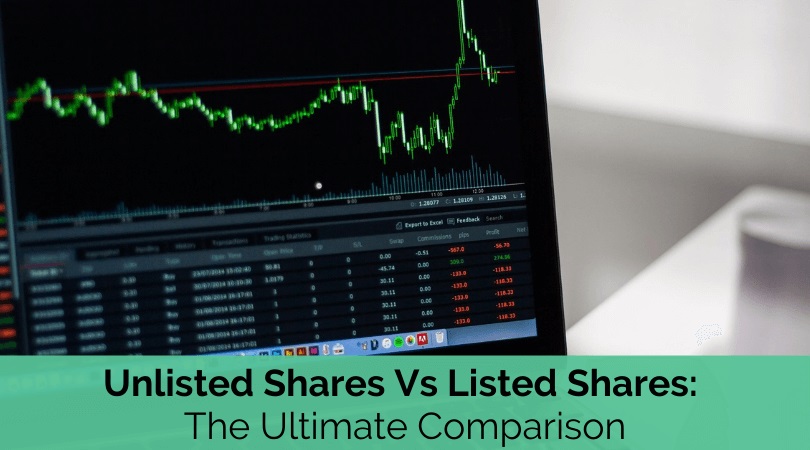
By Adedapo Adesanya
The NASD Over-the-Counter (OTC) Securities Exchange opened the week on a sad note after it depreciated by 0.41 per cent on Monday, April 14.
The loss was influenced by the decline in the share price of Central Securities Clearing System (CSCS) Plc during the session by N1.80 to close at N20.90 per unit compared with the N22.70 per unit it closed last Friday.
This brought down the market capitalisation of the trading platform by N7.78 billion to N1.911 trillion from N1.919 trillion as the NASD Unlisted Security Index (NSI) was also pulled down by 13.28 points to 3,264.29 points from the previous session’s 3,277.57 points.
Business Post reports that the bourse crumbled yesterday despite two securities on the platform finishing on the gainers’ chart.
UBN Property Plc appreciated by 19 Kobo on Monday to sell for N2.17 per share versus the preceding session’s N1.98 per share, and FrieslandCampina Wamco Nigeria Plc gained 8 Kobo to settle at N35.63 per unit, in contrast to last Friday’s N35.55 per unit.
Yesterday, there was a 99.7 per cent decline in the volume of securities traded by the market participants to 436,357 units from the 152.3 million units recorded in the previous trading day.
There was also a 99.8 per cent fall in the value of transactions to N10.1 million from N4.6 billion, while the number of deals increased by 218.8 per cent to 51 deals from 16 deals.
At the close of business, Impresit Bakolori Plc remained the most active stock by volume (year-to-date) with 533.9 million units valued at N520.9 million, trailed by Okitipupa Plc with 153.6 million units worth N4.9 billion, and Industrial and General Insurance (IGI) Plc with 71.2 million units sold for N24.2 million.
Okitipupa Plc was the most traded stock by value (year-to-date) with 153.6 million worth N4.9 billion, followed by FrieslandCampina Wamco Nigeria Plc with 14.7 million units sold for N566.9 million, and Impresit Bakolori Plc with 533.9 million units valued at N520.9 million.
Economy
Fears of CBEX Crashing Trigger Looting of Offices in Ibadan, Others

By Aduragbemi Omiyale
Offices of a popular Ponzi scheme operator, CBEX, in Ibadan and a few other places in Nigeria have been looted by some aggrieved investors.
This followed news that the company has shut down its services, with funds of several investors trapped.
Last week, there were speculations that CBEX has crashed following the inability of members to withdraw their funds.
The company quickly dispelled this, noting that it locked the wallets of its investors because of the bonuses gifted members, which must be used for trading before withdrawal.
CBEX, thereafter, assured that from Tuesday, April 15, 2025, members of the Ponzi scheme would be able to withdraw their funds without ease.
However, on Monday, it was gathered that funds in the accounts of investors were wiped off, with a notice to members that they would only be access their money upon the payment of a reactivation fee, a similar pattern of other defunct operators.
“All accounts need to undergo the following verification steps to ensure their authenticity.
“For accounts with funds below $1,000 before any losses, a deposit of $100 is required.
“For accounts with funds exceeding $1,000, a deposit of $200 is required.
“Additionally, please keep your deposit receipts to ensure you can prove the authenticity of the account during future withdrawal reviews,” the message from CBEX stated.
This development shattered the hopes of some investors, triggering a looting spree of the company’s offices.
Some videos of the internet showed moments some irate youth stormed the Ibadan office of the organisation, carting away with some valuables, including office items and others.
Many Nigerians have expressed shock at the level of acceptance of the Ponzi scheme in the country despite the harrowing experience of MMM some years ago.
Business Post reports that some weeks ago, a similar Ponzi scheme operator, Cheersway, went away with investors’ funds after it claimed its platform was hacked.
Just like CBEX, it asked members to pay a reactivation fee of their exact level, which ranges from $50, $150, $400, and $1,000, to have access to their money, but most of those who paid were never granted any access until the company folded up.
Also, those who invested in a new investment vehicle it came up with, TikTok Shop, could not receive their capital and return-on-investment as promised.
It later assured investors that it would move them to a new company established last month known as C&P Capital, noting that they would get their funds back after the new organisation makes profit, probably after two years of operations.
Economy
Naira Strengthens to N1,605/$1 at NAFEM, N1,615/$1 at Black Market
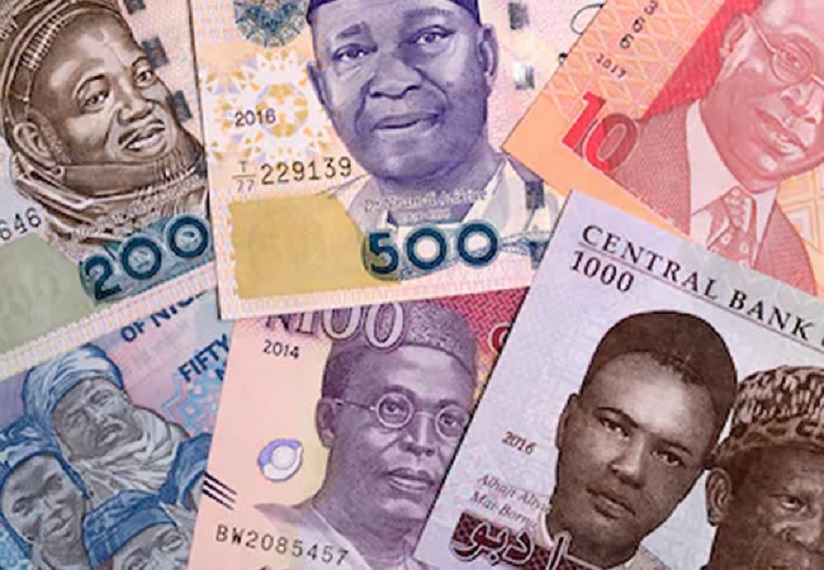
By Adedapo Adesanya
The Naira further strengthened against the US Dollar at the Nigerian Autonomous Foreign Exchange Market (NAFEX) on Monday, April 14, by N5.83 or 0.36 per cent to settle at N1,605.25/$1, in contrast to the N1,611.08/$1 it was traded in the previous session, which was last Friday.
Equally, the local currency appreciated against the Pound Sterling in the official FX market during the session by N34.55 to quote at N2,056.03/£1 versus the preceding trading day’s value of N2,090.58/£1 and gained N45.66 on the Euro to finish at N1,770.14/€1 compared with the N1,815.82/€1 it was exchanged in the previous trading session.
In the same vein, the domestic currency improved its exchange rate against the Dollar yesterday by N5 in the black market to sell for N1,615/$1 compared with the preceding session’s N1,620/$1.
The pressure on the Nigerian currency eased on Monday as tariffs from the United States were paused, and recent signals showed that the government was complementing efforts to stabilise the market via adequate liquidity and supporting orderly market functioning.
A look at the cryptocurrency market showed a mixed outcome as President Donald Trump of the United States, after pausing sweeping global tariffs, made some concessions on electronics imports.
Further easing concerns was the European Commission, the executive arm of the EU, confirming to hold off on retaliatory tariffs on US goods worth €21 billion until July 14 to allow space for negotiations.
The US Federal Reserve also signalled that a return of the original punitive Mr Trump tariffs would trigger the need for sizable “bad news” rate cuts.
Dogecoin (DOGE) depreciated yesterday by 3.5 per cent to sell at $0.1593, Solana (SOL) which lost 1.2 per cent to trade at $130.99, Litecoin (LTC) went down by 0.6 per cent to $77.74, and Cardano (ADA) dropped 0.3 per cent to close at $0.6405.
On the flip side, Bitcoin (BTC) grew by 1.2 per cent to $85,435.17, Ethereum (ETH) rose by 0.9 per cent to $1,636.35, Ripple (XRP) appreciated by 0.5 per cent to $2.14, and Binance Coin (BNB) went up by 0.08 per cent to $588.65, while the US Dollar Tether (USDT) and the US Dollar Coin (USDC) remained unchanged at $1.00 apiece.
-

 Feature/OPED5 years ago
Feature/OPED5 years agoDavos was Different this year
-
Travel/Tourism9 years ago
Lagos Seals Western Lodge Hotel In Ikorodu
-

 Showbiz2 years ago
Showbiz2 years agoEstranged Lover Releases Videos of Empress Njamah Bathing
-

 Banking7 years ago
Banking7 years agoSort Codes of GTBank Branches in Nigeria
-

 Economy2 years ago
Economy2 years agoSubsidy Removal: CNG at N130 Per Litre Cheaper Than Petrol—IPMAN
-

 Banking2 years ago
Banking2 years agoFirst Bank Announces Planned Downtime
-

 Sports2 years ago
Sports2 years agoHighest Paid Nigerian Footballer – How Much Do Nigerian Footballers Earn
-

 Technology4 years ago
Technology4 years agoHow To Link Your MTN, Airtel, Glo, 9mobile Lines to NIN



